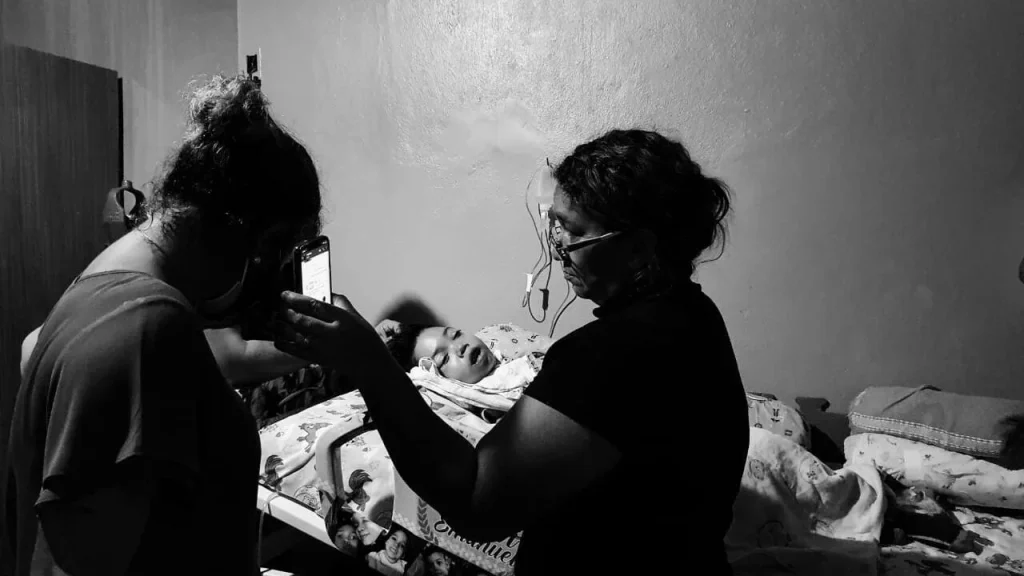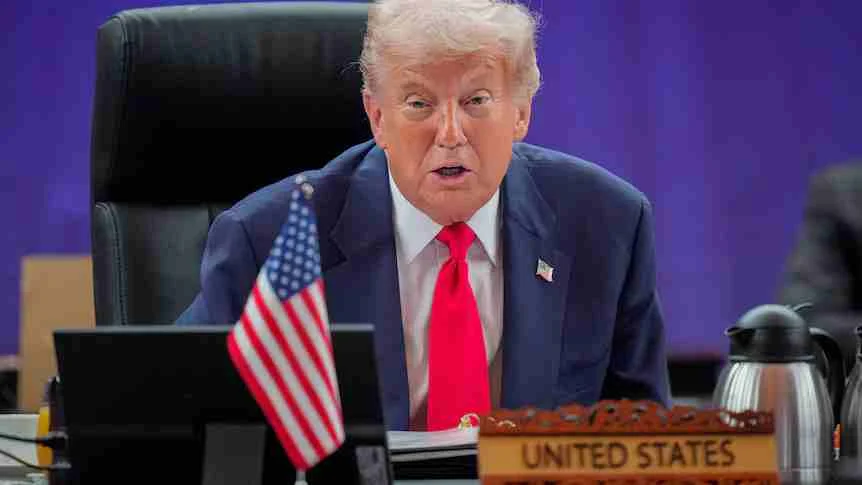Manaus, the capital of Brazil’s Amazonas state with a population of approximately 2.2 million, is facing a catastrophic resurgence of COVID-19.
Hospitals have been overwhelmed, running out of beds and critical oxygen supplies needed to treat patients.
This crisis echoes the city’s struggles during the first wave in 2020, when it was among the hardest-hit areas in Brazil.
Emergence of a More Contagious Variant
A new, highly contagious variant of the coronavirus, known as P.1, has been identified as a major driver of the current crisis. First detected in early January 2021 in travelers arriving in Japan from Brazil, the variant has become dominant in Manaus.
Felipe Naveca, a researcher at the Leonidas e Maria Deane Institute of Brazil’s Fiocruz research foundation, reported that the variant was present in 51% of samples from COVID-19 patients in December 2020, rising to 91% by January 13, 2021.
Spread Beyond Manaus
The P.1 variant is not confined to Manaus. Naveca noted that it has spread to 11 of 13 towns studied in Amazonas state, indicating rapid transmission across the region.
Additionally, three cases of the variant were confirmed on January 26, 2021, in São Paulo state, Brazil’s most populous region with 46 million residents, raising concerns about broader national spread.
Comparison to Global Variants
According to Naveca, the P.1 variant shares mutations with variants from Britain and South Africa, which are associated with increased transmissibility. The rapid rise in its prevalence in Manaus—coupled with the city’s strained healthcare system—reinforces suspicions that it is significantly more contagious than earlier strains.
Brazil’s Ongoing Crisis
Brazil has recorded over 218,000 COVID-19 deaths, the second-highest toll globally after the United States. The emergence of the P.1 variant exacerbates an already dire situation, with Manaus serving as a stark warning of the challenges posed by new variants and inadequate public health measures.
Urgent Need for Action
The healthcare collapse in Manaus underscores the need for immediate interventions, including increased oxygen supplies, expanded hospital capacity, and stricter containment measures. The spread of the P.1 variant highlights the importance of global vigilance and rapid response to emerging variants to prevent further devastation.






